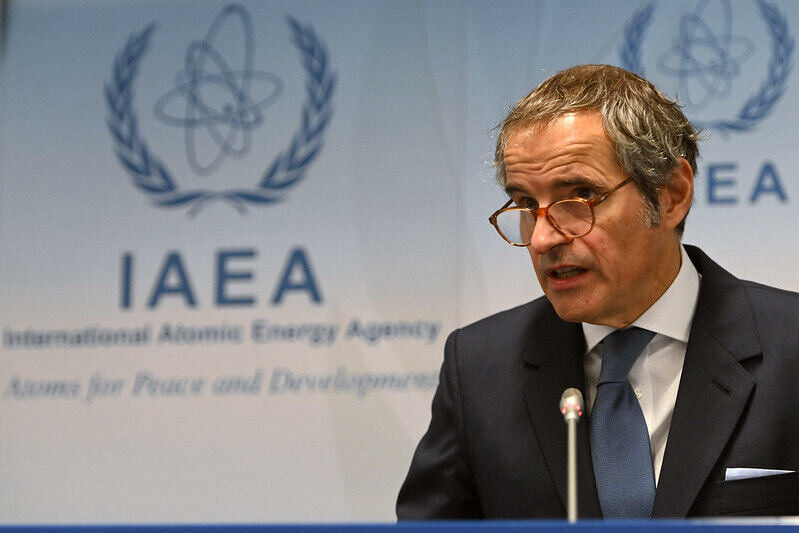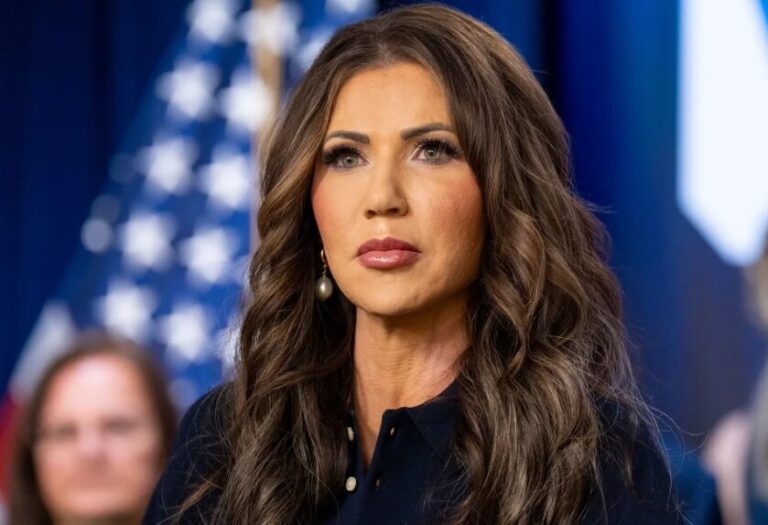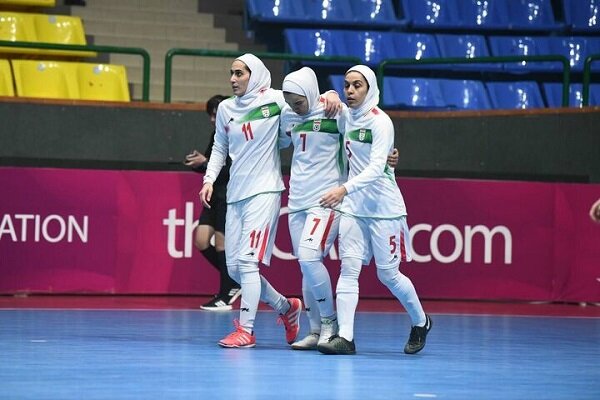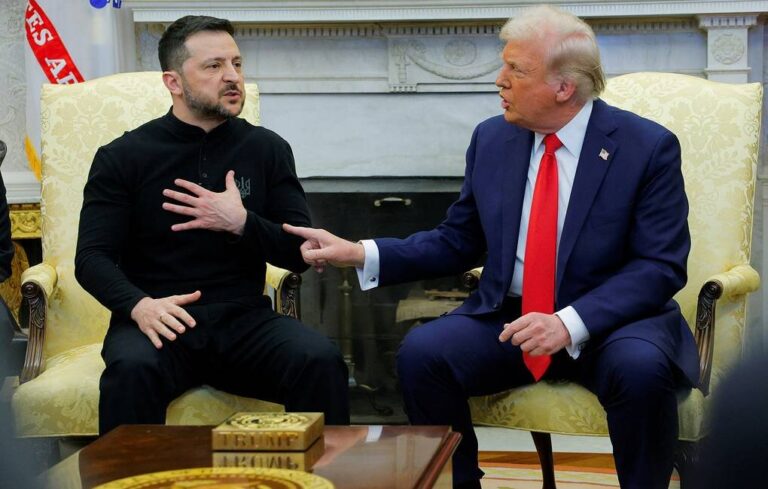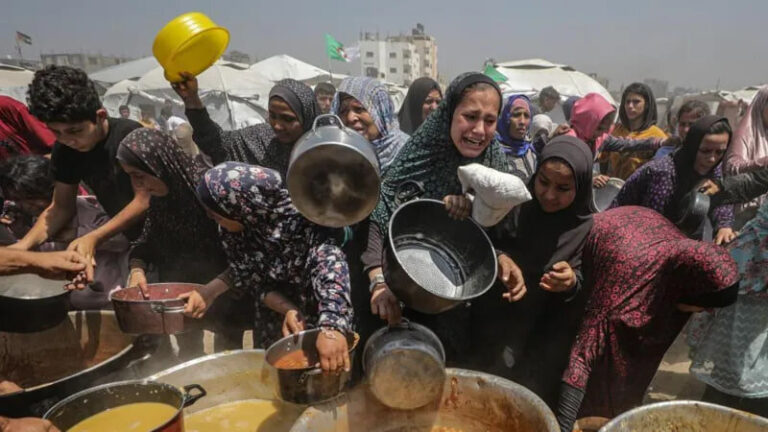IAEA Chief Responds to Anticipated Iran-US Talks: What It Means for Global Diplomacy
In a significant development for international diplomacy, Rafael Mariano Grossi, the Director General of the International Atomic Energy Agency (IAEA), recently discussed the critical US-Iran nuclear talks taking place in Oman. This meeting aims to bridge the longstanding gaps between the two nations and foster a consensus that could resolve the ongoing political stalemate.
Speaking to China Media Group (CMG) in Beijing on Friday, Grossi emphasized the urgency of reaching an agreement, stating, “We need an agreement, and we need it soon.” His comments come just hours before the pivotal discussions between the United States and Iran, highlighting the international community’s keen interest in the outcome.
Grossi’s remarks reflect a cautious optimism about the potential for progress in the negotiations. He acknowledged the ongoing complexities in the relationship, citing recent communications between President Donald Trump and the Iranian government. “There has been an exchange of messages between President Donald Trump and the Iranian government,” he noted, underlining the importance of dialogue despite existing differences.
- Hope for Agreement: Grossi expressed a sense of hope that discussions could lead to a framework for an agreement.
- Need for Negotiation: He emphasized that the specifics of any agreement—its terms, scope, and conditions—require careful negotiation.
- International Implications: The outcome of these talks will have significant implications for global security and diplomatic relations.
As the talks in Oman unfold, the stakes are high. Grossi stated, “We wish for the best there,” indicating a desire for constructive engagement that could pave the way toward a peaceful resolution. The international community is closely monitoring these developments, understanding that a successful outcome could lead to a more stable geopolitical landscape.
Moreover, the historical context of the US-Iran relations adds layers of complexity to the negotiations. The tension between these two nations has been marked by a series of conflicts and diplomatic challenges, making any potential agreement a monumental achievement.
To further explore the implications of the US-Iran nuclear talks, consider the following key points:
- Historical Context: The relationship between the US and Iran has been fraught with tension since the 1979 Iranian Revolution.
- Previous Agreements: The Joint Comprehensive Plan of Action (JCPOA) was a significant step towards nuclear non-proliferation, but its viability has been questioned in recent years.
- Global Reactions: Other countries, particularly allies of the US and regional players in the Middle East, are watching the talks with great interest.
In conclusion, Rafael Mariano Grossi’s insights shed light on the hopes and challenges surrounding the upcoming US-Iran nuclear talks in Oman. As both nations prepare to engage in discussions, the world looks on with anticipation, hoping for a breakthrough that could lead to a more peaceful and stable international environment.
Stay tuned for updates on this developing story, as the outcome of these negotiations could reshape the future of US-Iran relations and influence global diplomatic efforts.
